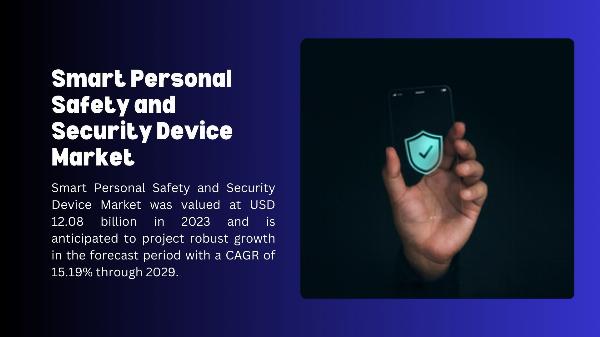From Doomscrolling to Progress: The Importance of Positive News Consumption for Mental Health and Optimism
In 2010, 16-year-old Hannah Ritchie embarked on her academic journey at the University of Edinburgh, eager to learn how to solve the world's pressing environmental issues. However, four years later, she left with a sense of hopelessness, surrounded by images of natural disasters, droughts, and hungry faces. This feeling of powerlessness is not uncommon among news readers, as a global study by the Reuters Institute at Oxford University found that almost 4 in 10 (39%) people worldwide actively avoid the news due to a belief that they have no control over the massive events happening in the world.
Despite feeling powerless, Ritchie did not stop consuming news. Instead, she expanded her reading to focus on what's improving in the world and how we can lean into progress. Today, she is one of a growing number of voices in journalism dedicated to highlighting the positive aspects of our world and why they matter.
One key reason for this shift in focus is the impact of negative news on our mental health. Digital media has made news ubiquitous, and much of it drives feelings of depression, anger, anxiety, or helplessness. Ritchie herself felt that the constant exposure to negative news made her feel "helpless" and ready to turn her back on her obsession with environmental science.
However, Ritchie's experience was not unique. Michelle Cottle, a national political writer for The New York Times, also noticed a shift in how people were consuming news. In the two years following the January 6 insurrection, Cottle focused on "ways to protect democracy," highlighting the importance of local politics and election integrity. She explains that while people may get stressed out about high-profile races, they often lose interest in the mechanics of how elections function at a local level. This lack of awareness can have serious consequences, including preventing engagement and leading to anxiety.
To combat this, Cottle and other news organizations strove to alert voters to the candidates running for less prominent local offices. As it turned out, voters did pay attention to the news, and candidates who questioned the legitimacy of the 2020 election were overwhelmingly defeated in battleground states. This result highlights the importance of putting the spotlight on these issues and reminding people that their votes can make a difference.
Another way to combat the negative impact of news is to look at global trends through a different lens. Ritchie was initially discouraged by a fiercely negative picture of global events but was changed when she came across a presentation by Hans Rosling, a physician and professor of global health who developed new ways of visualizing and understanding statistics. Rosling showed how many things were actually getting better, such as how countries around the world were getting healthier and healthier. This positive perspective helped Ritchie see a more optimistic view of the world than the one she had seen in the news.
The news is designed to tell us something new—an individual story or a rare event—but these unlikely events are not the most probable ones. Ritchie explains that it's a terrible way to understand the bigger picture because many changes that shape the world are not rare or exciting but persistent things that happen day by day and year by year. The only way to really see these changes is to step back and look at long-run data.
The Progress Network is an organization dedicated to sharing stories about
This thoroughly researched article highlights the transformative nature of moving from doomscrolling to conscious consumption of positive news, advocating for a shift in mental well-being and optimism through an understanding that exposure to hopeful stories can counteract despair.
Positively navigating the digital landscape, from doomscrolling to progress by embracing positive news consumption—a vital step towards fostering mental well-being and nurturing a hopeful outlook on life.














